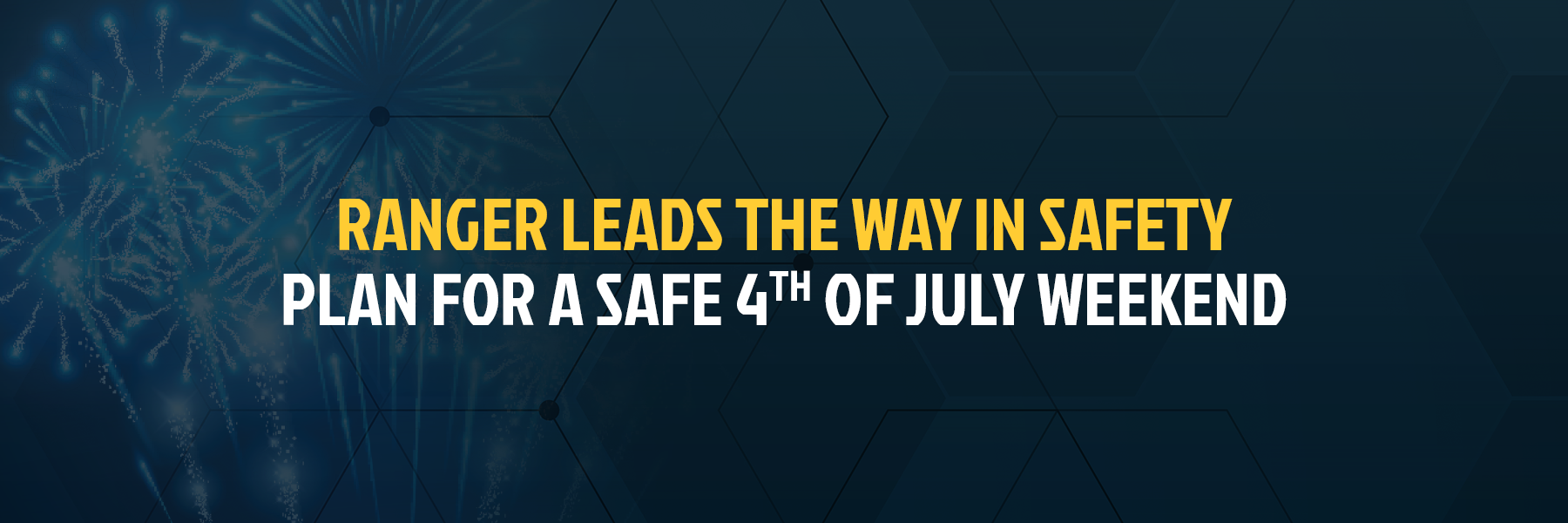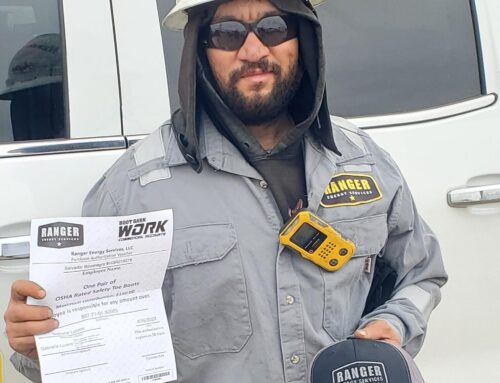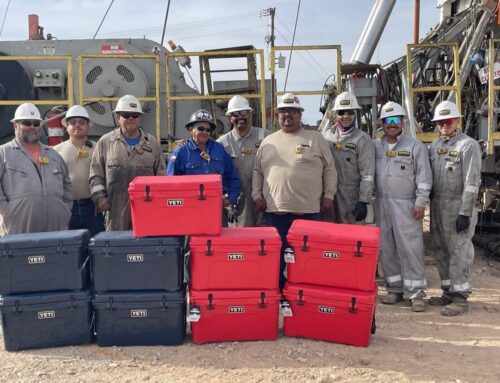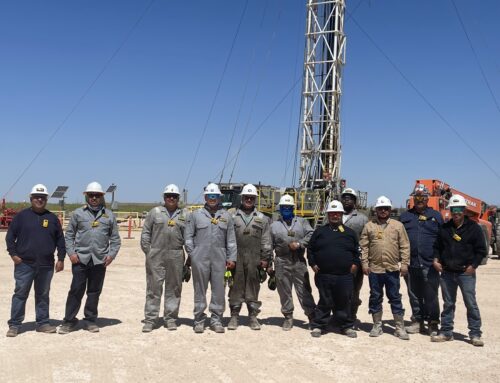As we get ready to celebrate the 4th of July, we’re likely planning on attending a fireworks display, a backyard picnic or perhaps fun at the beach, lake or river. Review the safety tips for each of these activities so that you can enjoy a fun-packed, safe holiday and come back to work refreshed.
Firework Safety:
The safest way to enjoy fireworks is to attend a public fireworks show. If you are setting off fireworks at home, follow these safety steps:
- Make sure fireworks are legal in your area, and there is not currently a fireworks ban due to drought or dry conditions.
- Never give fireworks to small children, and never throw or point a firework toward people, animals, vehicles, structures or flammable materials. Always follow the instructions on the packaging.
- Keep a supply of water close by as a precaution.
- Make sure the person lighting fireworks always wears eye protection.
- Light only one firework at a time and never attempt to relight “a dud.”
- Store fireworks in a cool, dry place away from children and pets.
Picnic Safety:
- Wash your hands before preparing the food.
- Don’t leave food out in the hot sun. Keep perishable foods in a cooler with plenty of ice or freezer gel packs.
- If you are going to cook on the grill, never grill indoors. Keep the grill out in the open, away from the house, the deck, tree branches or anything that could catch fire.
- Always supervise the grill when in use. Don’t add charcoal starter fluid when coals have already been ignited. Use the long-handled tools especially made for cooking on the grill to keep the chef safe.
- Make sure everyone, including pets, stays away from the grill.
Beach Safety:
Watch the weather and get out of the water at the first sign of lightning or the rumble of thunder. Stay indoors and away from water for 30 minutes after the last lightning flashes or thunder roars. Plan ahead for aquatic activities:
- Swim only at a beach with a lifeguard and within the designated swimming area. Obey all instructions and orders from lifeguards and ask them about the local conditions.
- Always designate a “water watcher” whose sole responsibility is to keep a close eye and constant attention on everyone in and around the water until the next water watcher takes over.
- Children, inexperienced swimmers, and boaters should wear properly fitted U.S. Coast Guard-approved life jackets.
- Protect your neck – don’t dive in headfirst. Walk carefully into open waters. Watch out for and avoid aquatic life.
- If you are caught in a rip current, stay calm and don’t fight it. Swim parallel to the shore until you are out of the current. Then turn and swim to shore. If you can’t swim, float or tread water until you are free of the rip current and head toward shore. Draw attention to yourself by waving and calling for help.
Safety is an integral part of everything we do at Ranger Energy Services, especially when it comes to our family. Safety on the job is the same as safety at home. It’s always our common goal.
For additional information about Independence Day Safety, visit the Red Cross website.









